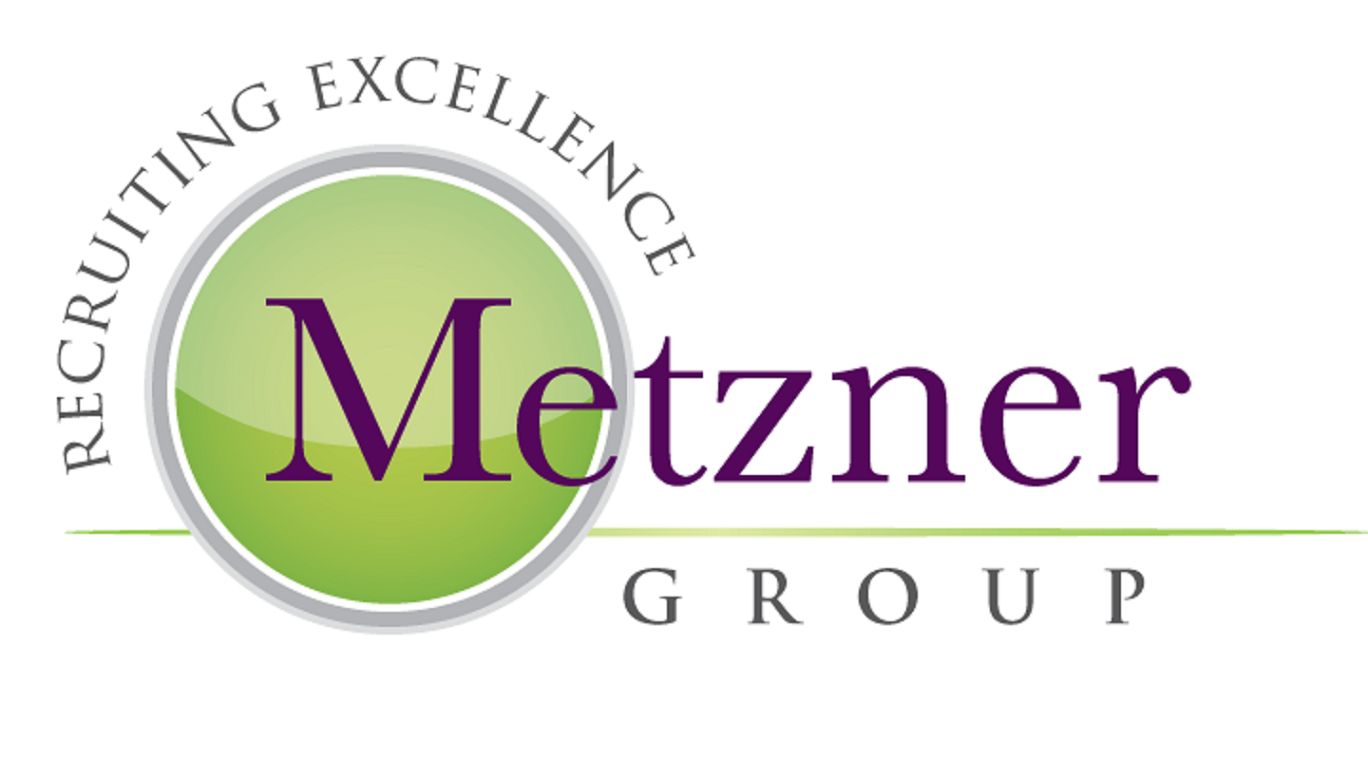Engineering Executives Vie To Lead Private Equity Assets
April 8, 2020

Private equity continues investments in engineering companies. Whether buying firms as wholly owned assets or in part ownership, these venture capitalists are approaching firms with a multitude of proposals. Their growing role in the consulting engineering industry is welcomed to many firm stakeholders as infrastructure federal funding continues to lag.
Starting in the early 2000's, firms engaged with outside funding to enhance growth either in new sectors or locations. An influx of capital permitted companies to become a base to “bolt on” other companies through mergers/acquisitions. Existing leadership teams were retaining their roles. Today, current company leadership teams are either not interested or unprepared for the rapid growth desired by the new stakeholders and are often finding themselves sidelined from the "C" suite.
The Metzner Group, LLC has received a number of “C” level searches for investors and have found that key industry executives are eyeing these platforms as an opportunity to join for a 3-5 year term and guide growth. It offers them the excitement and challenge of a new opportunity with the potential to (in some cases) purchase their efforts when their contracts expire.
Is this the new industry standard? Thoughts?
The Metzner Group Blog

As a recruiter, I move fast—searches, decisions, conversations that shape careers. But Thanksgiving reminds me to slow down, breathe, and appreciate the bigger picture. Gratitude isn’t just seasonal; it’s the foundation of meaningful relationships and clearer perspective. Each person I meet reminds me of resilience, ambition, and possibility—and that’s what keeps me inspired. Wishing you time to decompress, reconnect, and carry that spirit into the season ahead.

We’ve all seen it: a colleague facing a career crossroads reaches out to every connection they’ve built — asking for introductions, advice, or simply a listening ear. Many of us respond, because we understand the stakes. The fear of unemployment or being in a role that no longer fits is real. But then they land. The pressure lifts. And when others reach out to them for support, the response is… silence. In today’s climate, where so many talented A/E/C executives are exploring new opportunities, navigating leadership transitions, or rethinking their next chapter, let’s remember that networking is a two-way street. ✅ If someone helped you during your search, be the person who helps them now. ✅ If you’re in a stable role, take a moment to respond to those reaching out. ✅ If you’re navigating change, lean on your network — but also nurture it. The consulting engineering sector thrives on collaboration, trust, and long-term partnerships. Let’s extend that same spirit to how we support one another professionally. We rise by lifting each other — not just when we need help, but when others do.

